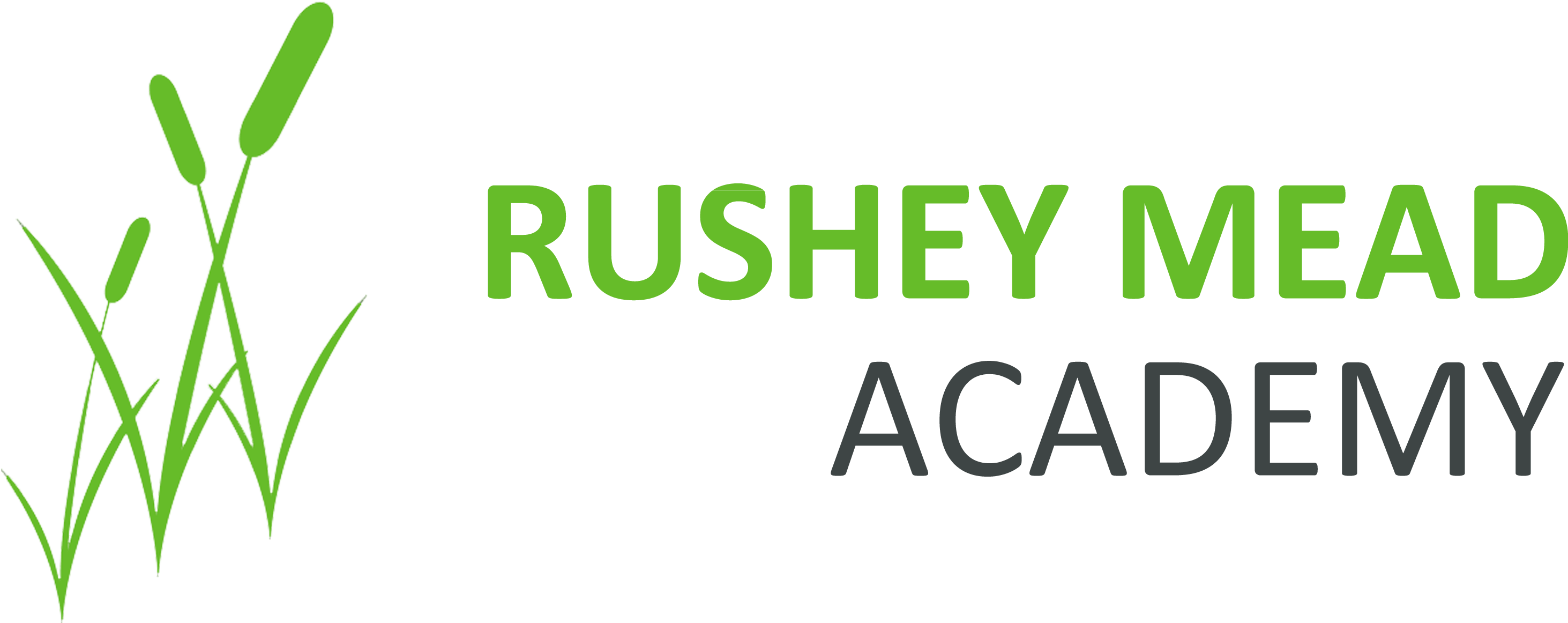Quotes
“There is nothing new in the world except the history you do not know.” – Harry S. Truman
“The most effective way to destroy people is to deny and obliterate their own understanding of their history.” ― George Orwell
“History is who we are and why we are the way we are.” – David McCullough
Purpose
The history curriculum at Rushey Mead Academy sets out to provide our students with a coherent knowledge and understanding of key events, issues and people in Britain’s past and that of the wider world. We follow a thread throughout our curriculum which explores “who are the British” telling the stories of those who have travelled to this island and how this has created the Britain of today. We aim to equip our students with rich and powerful knowledge of the past and historical skills which will enable them to participate in rigorous academic debate. We follow a thread throughout our curriculum which explores “who are the British” telling the stories of those who have travelled to this island and how this has created the Britain of today, enriching this with local stories and ensuring representation of previously underrepresented histories.
Our curriculum considers four key areas:
- Political history – how the people are ruled
- Social history – how people lived and worked
- Ideology – religious beliefs etc
- Methods of historical enquiry – evaluating evidence and interpretations.
Faculty Staff
Ms Henson (Subject Lead): [email protected]
Mr March (Subject Lead) [email protected]
Ms Robinson: [email protected]
Mr Large: [email protected]
Ms Robertson: [email protected]
Mrs Greasley: [email protected]
